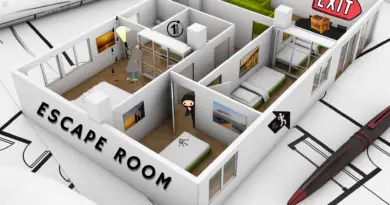Mastering Escape Rooms: Strategies for Success and Adventure
Escape rooms have become increasingly popular in recent years, offering thrilling and immersive experiences for individuals and groups. These real-life adventure games require participants to solve puzzles, decipher codes, and unravel mysteries within a set timeframe to escape a locked room. To maximize your chances of success and enjoy an unforgettable escape room experience, it’s essential to employ effective strategies that optimize your problem-solving skills and teamwork. In this article, we will explore a range of strategies that can help you conquer the challenges of an escape room and emerge victorious.
Mastering the strategies mentioned below will greatly enhance your performance in escape rooms. Assemble a skilled team, communicate effectively, manage time wisely, pay attention to detail, and stay calm under pressure. Remember, the ultimate goal is to have fun while solving challenging puzzles and escaping within the allotted time.
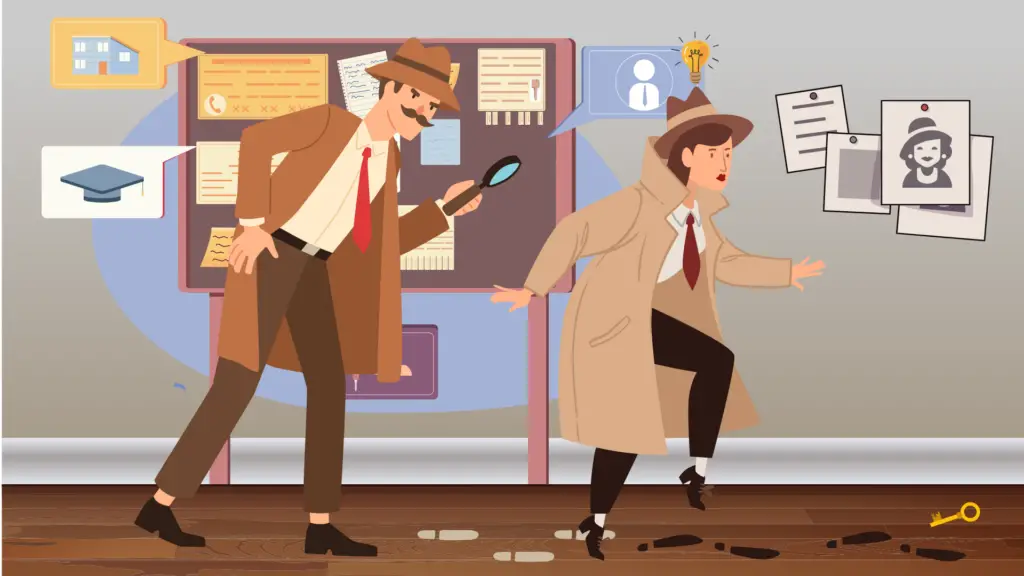
Choose Your Team Wisely
One of the key factors in escaping an escape room successfully is assembling a well-rounded team. Escape rooms are designed for teamwork, so you want to pick people who can work well together, communicate effectively, and have different skills and strengths. Avoid bringing too many people, as it can make the room crowded and chaotic. A good rule of thumb is to have 4 to 6 players per room. Consider the following when selecting your teammates:
a. Diverse Skill Sets: Look for individuals with diverse skill sets, such as logical thinking, creativity, attention to detail, and problem-solving abilities. A mix of analytical and intuitive minds can greatly enhance your chances of cracking the room’s puzzles.
b. Effective Communication: Choose team members who communicate effectively and listen actively. Clear and concise communication is vital for sharing ideas, distributing tasks, and avoiding misunderstandings.
c. Collaboration: Seek individuals who can work well together, putting aside personal preferences and egos for the sake of the team’s success. Collaboration is essential in an escape room, as puzzles often require multiple inputs and cooperative efforts.
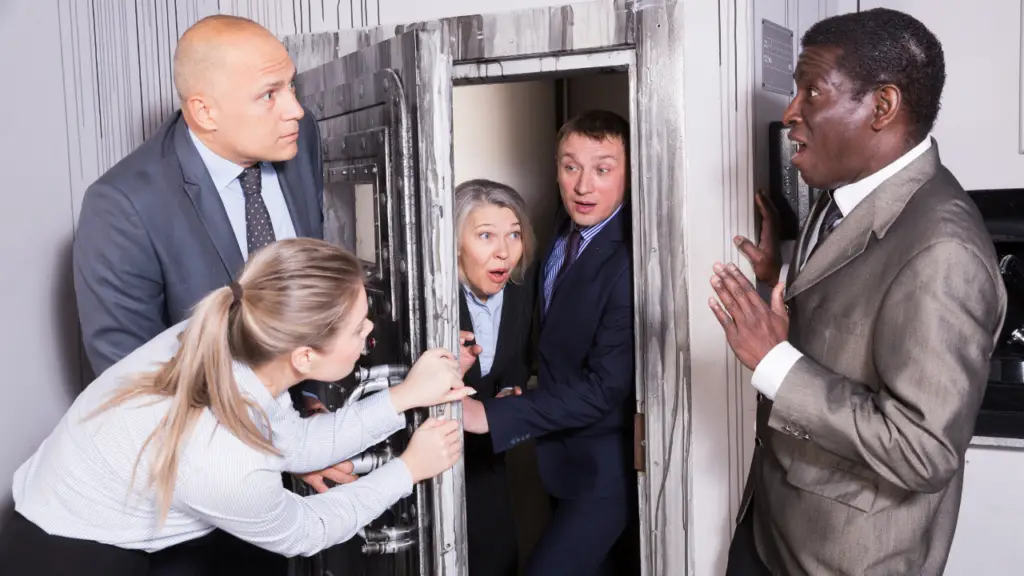
Research The Theme
Escape rooms vary in theme, difficulty, and style, so it’s helpful to know what to expect before you book one. For example, if you know you’re doing a Sherlock Holmes theme; then try watching a Sherlock Holmes movie, reading a Sherlock mystery book, or researching character biographies online. You could look up reviews, ratings, and descriptions of different escape rooms online or ask for recommendations from friends who have tried them to learn the theme. You can also check the website of the escape room company for information on the rules, hints, and safety measures.
Arrive Early and Listen Carefully
You don’t want to waste any time or miss any important details when you get to the escape room. Make sure you arrive at least 15 minutes before your scheduled time to check in, sign waivers, and store your belongings. Pay attention to the briefing from the staff or the video that explains the story, the goal, and the instructions for the escape room. Ask questions if anything is unclear or confusing.

Analyze and Delegate Clues and Tasks
Upon entering the escape room, take a few moments to observe and analyze the surroundings. Here are some steps to follow:
a. Split the Room: Divide the room into sections and assign each team member to a specific area. This approach allows for efficient exploration and prevents duplication of efforts.
b. Search Thoroughly: Inspect every nook and cranny, looking for hidden compartments, locks, codes, or clues. Sometimes, crucial information can be hidden in plain sight, so pay attention to details.
c. Delegate Tasks: Based on individual strengths and interests, delegate tasks accordingly. This could involve someone focusing on deciphering codes, another on searching for hidden objects, and so on. By delegating tasks, you ensure efficient use of time and resources.
d. Share Discoveries: Establish a system for sharing discoveries and progress with the rest of the team. Utilize a whiteboard or verbally communicate any findings to keep everyone informed.
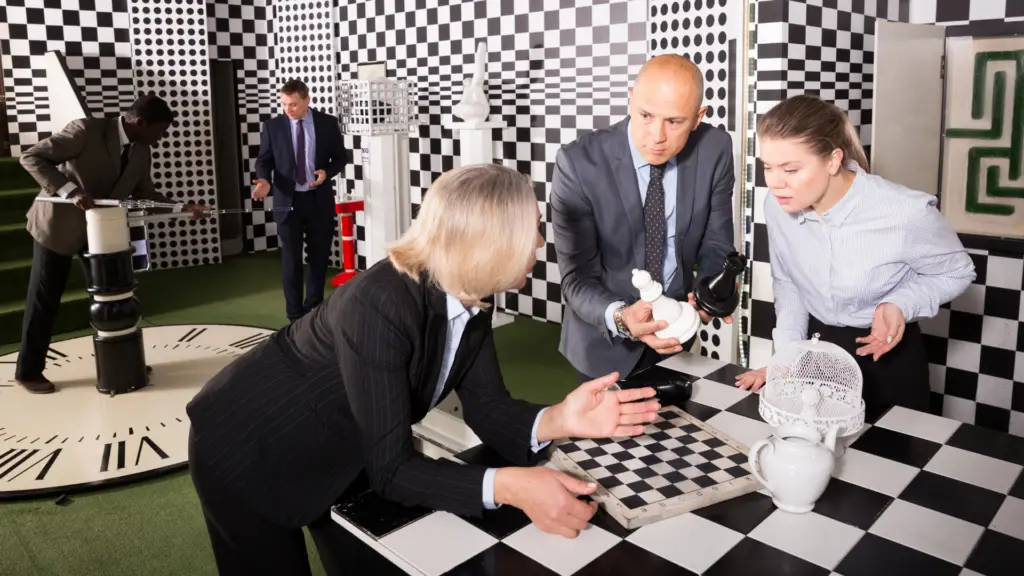
Effective Communication and Teamwork
Communication and teamwork play pivotal roles in escape room success. Consider the following strategies:
a. Active Listening: Encourage active listening within the team. Actively hear and consider others’ ideas, as they may hold the key to solving a particular puzzle or riddle.
b. Assign a Leader: Designate a team leader or facilitator to ensure smooth coordination and decision-making. The leader should be organized, diplomatic, and capable of keeping the team focused. You can also assign roles or tasks to each team member to divide and conquer.
c. Use Clear Language: When sharing information or instructions, be concise and use clear language. Ambiguity can lead to misunderstandings and wasted time. Don’t be afraid to speak up, shout out, or repeat yourself if necessary. Use clear and specific language to avoid confusion. For example, instead of saying “I found something”, say “I found a blue key in the drawer”.
d. Share Insights: Encourage open discussion and the sharing of insights. Even if an idea seems far-fetched, it may trigger another teammate’s thought process, leading to a breakthrough.
e. Group Challenges: In complex puzzles, consider gathering the entire team to brainstorm and solve collectively. Sometimes, a fresh perspective can shed new light on a seemingly unsolvable problem.
f. Time Management: Effective time management is crucial in an escape room where every minute counts. Keep the following tips in mind:
- i. Prioritize Tasks: Identify the most critical puzzles or areas that require immediate attention. Focus on solving them first to gain momentum and create a sense of progress.
- ii. Set Time Checkpoints: Divide the available time into intervals and set checkpoints to evaluate your progress. This helps ensure you stay on track and make adjustments if necessary.
- iii. Avoid Getting Stuck: If a puzzle seems too challenging or time-consuming, don’t hesitate to ask for hints from the game master. Time spent fruitlessly on a single puzzle can hinder overall progress.
- iv. Use Clues Wisely: Once you receive clues or hints, share them with the team and use them strategically. Analyze the clue carefully and apply it to the relevant puzzle, avoiding random trial and error.
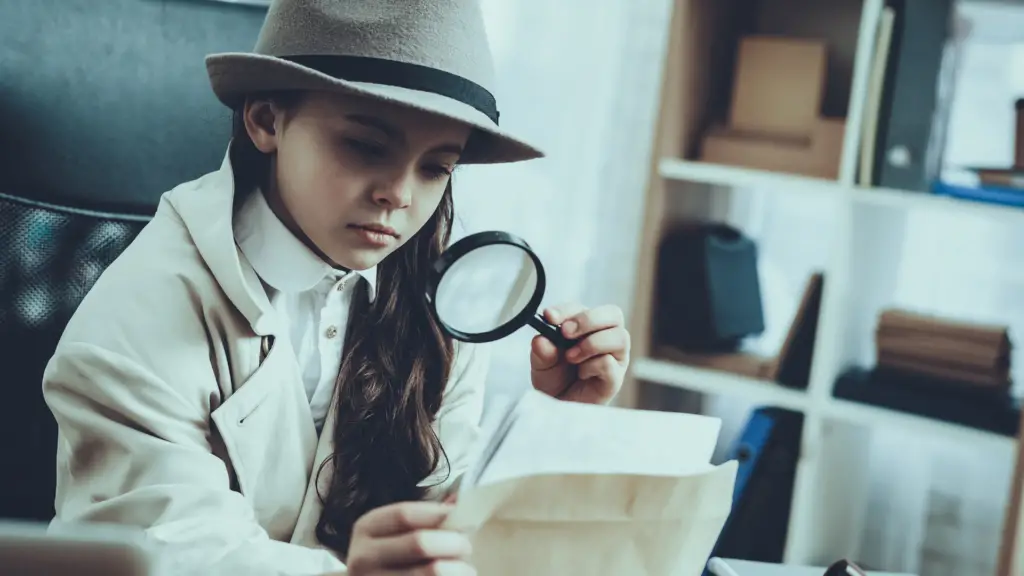
Pay Attention to Detail
In an escape room, paying attention to detail can make all the difference. Here are some strategies to enhance your observation skills:
a. Look for Patterns: Think outside the box but not too far. Many puzzles and codes rely on patterns or sequences. Train your eyes to spot patterns in the escape room’s decor, objects, or symbols. Identifying these patterns can unlock significant clues. Escape rooms are designed to challenge your logic, creativity, and common sense. You need to think outside the box and try different approaches to solve the puzzles and tasks. However, you also need to stay within the scope and theme of the escape room. Don’t overthink or overcomplicate things that are simple or obvious. Don’t make assumptions or jump to conclusions that are not supported by evidence.
b. Take Notes: Document any important findings, codes, or clues on a notepad or whiteboard. Writing things down helps you organize information and prevents forgetfulness or confusion.
c.Keep Track of What You Have and What You Need: Grouping similar objects or clues together can help you spot connections and find their relevance to a particular puzzle. It also helps reduce clutter and improves overall organization. As you find clues and items in the escape room, you need to organize them and use them wisely. Don’t leave anything behind or forget where you put it. You can use a designated area or a container to store what you have. You can also make a list or a map of what you need or where you need to go next. Don’t hold on to anything that you don’t need or that has already been used.
d. Examine Objects Thoroughly: Don’t overlook any objects or props in the room. Check them thoroughly for hidden compartments, numbers, or symbols. Rotate and manipulate objects if necessary. Escape rooms are full of hidden clues and objects that you need to find and use. Don’t assume that anything is irrelevant or off-limits unless it’s clearly marked or told by the staff. Look under, behind, inside, and around everything in the room. Check for symbols, patterns, colors, numbers, words, or anything that stands out. Be careful not to damage or break anything in the room. Be careful not to make a mess of things as you may need to know where certain objects or clues came from.
e. Utilize Blacklight or UV Light: Some escape rooms incorporate hidden messages or symbols that are only visible under blacklight or UV light. Use provided tools to scan the room for hidden markings.
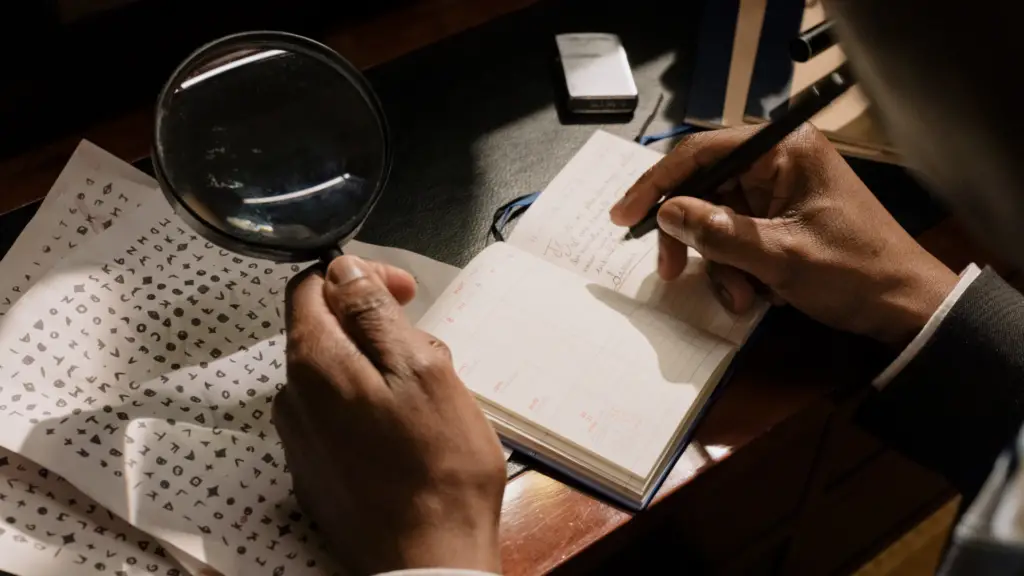
Stay Calm and Manage Stress
Escape rooms can be intense and challenging, but maintaining a calm and focused mindset is essential. Consider the following techniques:
a. Time Awareness: Keep track of time, but avoid fixating on the clock. Feeling rushed or panicked can hinder your ability to think clearly. Trust in your team’s abilities and stay composed.
b. Take Breaks: If you’re feeling overwhelmed, take a short break to clear your mind. Stepping away from a puzzle for a few minutes can often bring fresh insights upon returning.
c. Positive Reinforcement: Encourage and support your team members throughout the experience. Celebrate small victories and motivate each other to keep pushing forward.
d. Avoid Tunnel Vision: While it’s important to focus on the task at hand, don’t become fixated on a single puzzle. Continually scan the room for other potential clues or connections.
e. Ask for Help When Needed: Escape rooms are meant to be fun and enjoyable, not frustrating and stressful. If you get stuck on a puzzle or a task for too long, don’t hesitate to ask for a hint from the staff or the game master. Most escape rooms have a system of giving hints, such as a walkie-talkie, a screen, a phone, or a button. Some escape rooms limit the number of hints you can use or penalize you with time deductions for using them.

Conclusion
Mastering the strategies mentioned above will greatly enhance your performance in escape rooms. So, gather your friends, apply these strategies, and embark on an exciting journey of mind-bending adventures. With practice and a collaborative spirit, you’ll increase your chances of success and create unforgettable memories in the thrilling world of escape rooms. Embrace the challenges, embrace the thrill, and embrace the satisfaction of overcoming each puzzle.
Furthermore, don’t limit your escape room experiences to just one game. Each escape room presents unique puzzles and themes, offering endless opportunities for growth and enjoyment. By incorporating these strategies into your approach, you’ll become a seasoned escape room enthusiast, ready to tackle any challenge that comes your way.
Lastly, remember that the true essence of an escape room lies in the camaraderie and teamwork developed throughout the experience. Embrace the power of collaboration, celebrate each other’s strengths, and appreciate the diverse perspectives that contribute to your success.
So, gear up, step into the realm of mysteries and enigmas, and unlock the secrets that lie within escape rooms. Implementing these strategies will not only boost your chances of triumph but also deepen your appreciation for the art of puzzle-solving. Get ready for an adrenaline-filled adventure where every moment counts and every puzzle conquered brings you closer to victory.



